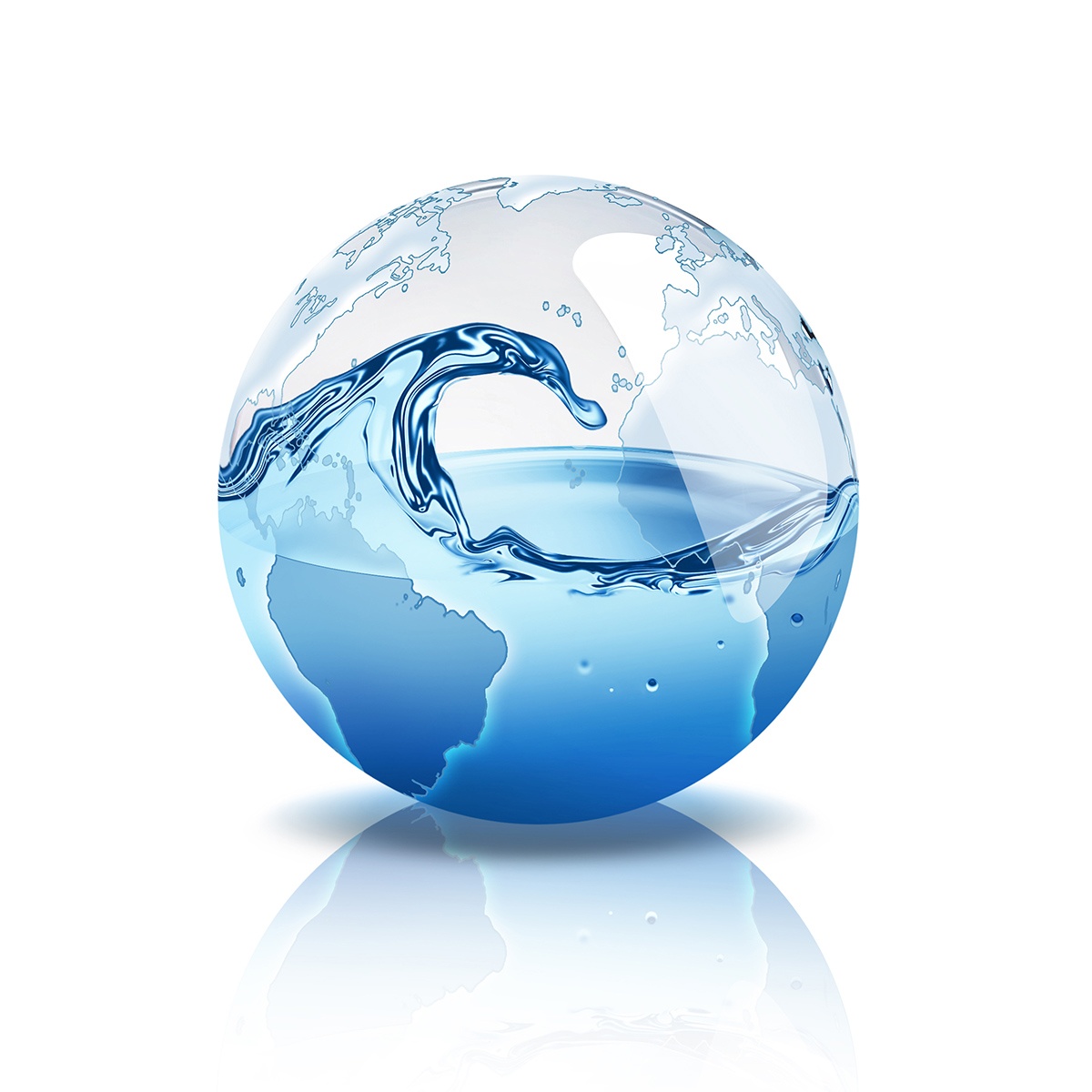GLOBAL WATER FUND
Providing water solutions for our world

ABOUT
The Global Water Fund led by Stella Thomas, is a leading Zurich-based advisory group working with a high-level network of Heads of State, Industry Leaders, Pension Funds, High Net Investors, Philanthropists and Leading Universities to address the world’s water challenges. Through its unique partnership platform, the Global Water Fund addresses national water strategies, strengthens institutional capacity, promotes regional water governance and mobilizes financial tools and technical resources for investment into national economies. The Global Water Fund sources, develops and implements effective water technologies and invests or raises capital for new ventures. The Global Water Fund creates public-private partnerships and addresses corporate and strategic investment opportunities for new and high-risk emerging markets.

Government Services
The Global Water Fund advises the Government Sector
Government leaders will need to place natural resources on the top of their political agendas and must consider not only the short term analyses of issues, but the longer term environmental and social impacts of inaction.
Host governments need to make certain any foreign investments spill over into domestic sectors. Benefits should include capital inflows, the transfer of technologies, new innovations and more efficient production practices, job creation, local suppliers, and export revenues among the basics.

Business Services
The Global Water Fund advises the Business Sector The challenge of the private sector is to find a balance between government and civil society, where the notion of ‘citizenship’ is applied to the corporate structure. Corporations can be a powerful player in building a more equitable, sustainable, prosperous and secure future. In addressing social and environmental issues through their supply chain, and complying with new standards of global governance in the area of the environment and human rights, corporations have the power to influence value creation and create new frameworks of fair and just values for all, while also benefiting their bottom lines.

Water Investments
The Global Water Fund advises the Investment Community Water-H2OWorldwide, the water sector is a USD$500 billion industry and growing. There is strong growth in China, Australia, the Middle East, Africa and Russia. The private sector, commercial banks, along with overseas development aid will continue to be important funding entities for water investment. Financing water infrastructure is not a one-off capital investment but rather requires high spending to maintain and operate assets. There is a great demand for pipes, pumps, valves, meting, filtration, purification and industrial treatment. Investment in the water sector will be successful if it is accompanied by a reform of government policies, strong legal frameworks, and intelligent pricing.
The Global Water Fund sources and develops technologies for implementation into new markets; works with national governments to provide sovereign guarantees and a secure investment environment; and creates opportunities for the investment community to directly finance technologies through a private equity stake or through investment in the water fund.

Director’s Statement
In today’s global world, there are few topics more complex than the challenge of reconciling economic growth with social justice and environmental sustainability. In the 21st century, in the era of so much technological achievement and capital accumulation, too great are the problems still besetting the developing world; where 2 billion people still live on less than $2 a day; where access to clean water and energy is still lacking; and where air pollution, soil degradation, loss of bio-diversity, and a build-up of greenhouse gases are all much too high.
In this increasingly complex and interdependent world, and with the disintegration of geographical boundaries, new definitions of economic governance, accountability, ethics and legitimacy are emerging. With its unknown risks and challenges, a new borderless world mandates a new form of leadership that is holistic and revolutionary. We must remember that a win-win situation is indeed possible for ensuring human and economic security. In dealing with economic growth, policy makers must make smart choices in considering the trade-offs between protection and proper use of their natural resources. Host countries who are weak in national legislation, must articulate a national vision for their land and water policies, especially one that respects the human rights of their citizenry for access to food and water first. Economic ministries will need to better coordinate sound trade and investment policies that also address social, economic and political factors. Ensuring water and food security for growing populations, are key to national security and will also provide a more stable environment for investment from abroad. The managers of multinationals too are in a unique position of influencing government through providing the technology and efficiency standards through their supply chains.
The investment community has a great opportunity to create wealth for not only themselves but for the investment country. A $1 dollar investment in water can yield returns ranging from $8-$35 and can increase a country’s GDP on average by 3.7%, creating a win-win situation for all. Finally, the general public needs to understand the challenges we are confronted with and demand actions from their politicians and the business community. Water, therefore, needs to be used as a tool for economic, social and political progress. Only in this way can we secure economic growth while securing our human and national security.
Stella Thomas, Founder & Managing Director
"When the well is dry, we know the worth of water" -BENJAMIN FRANKLIN
Get in touch:

